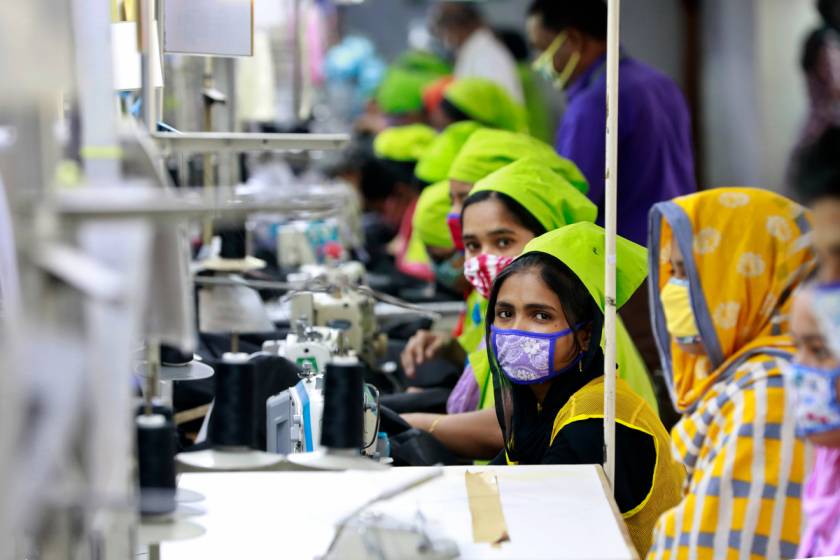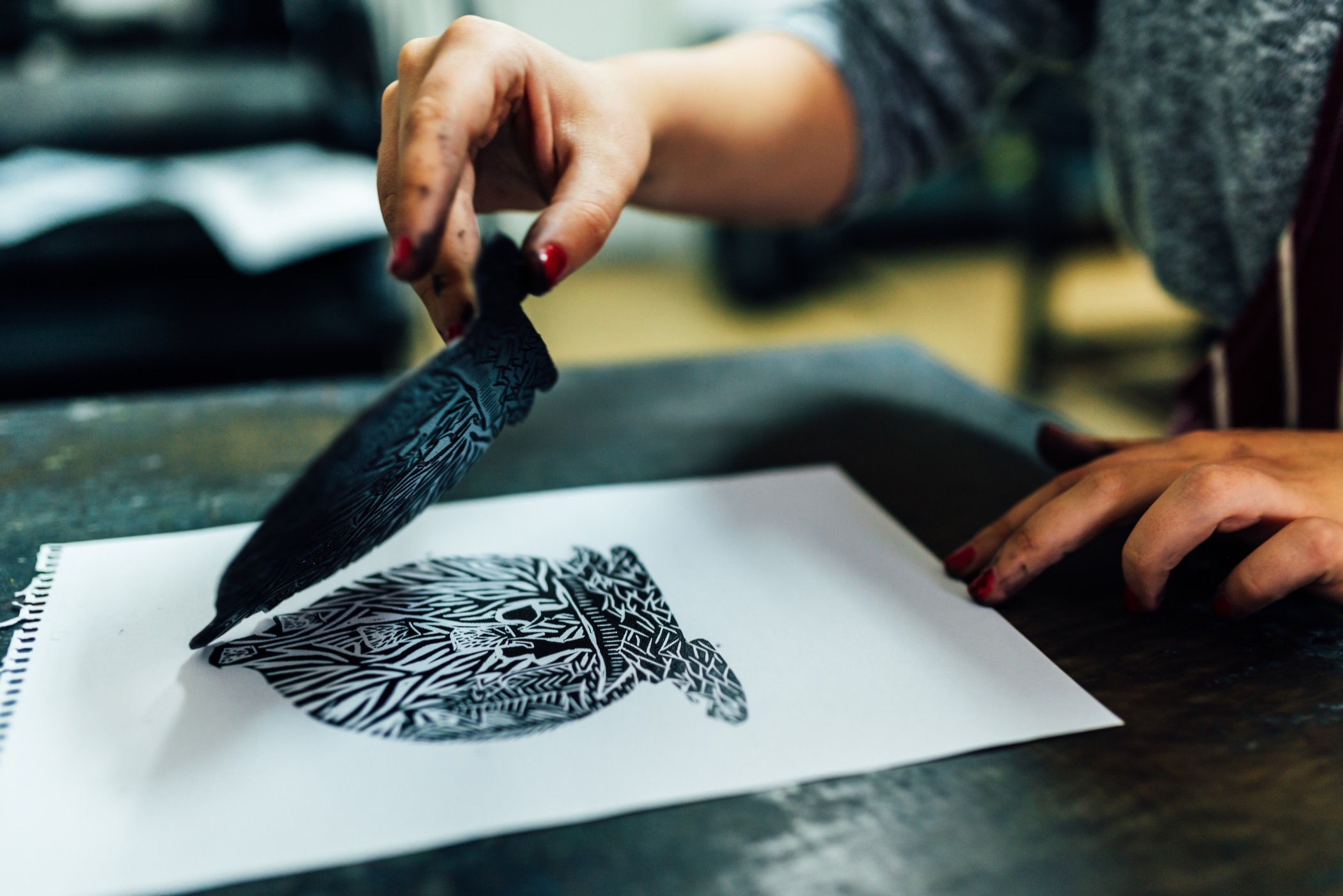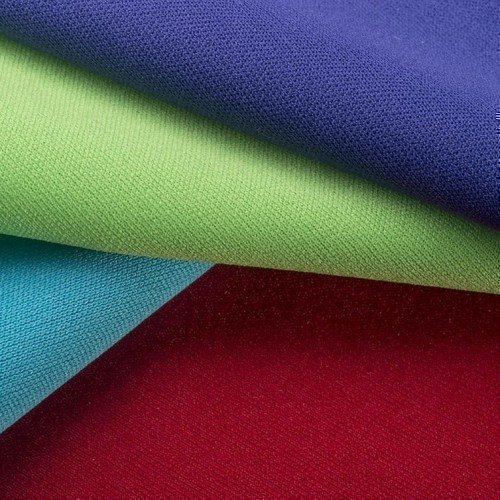The Ultimate Guide to Clothing Manufacturers and Their Types

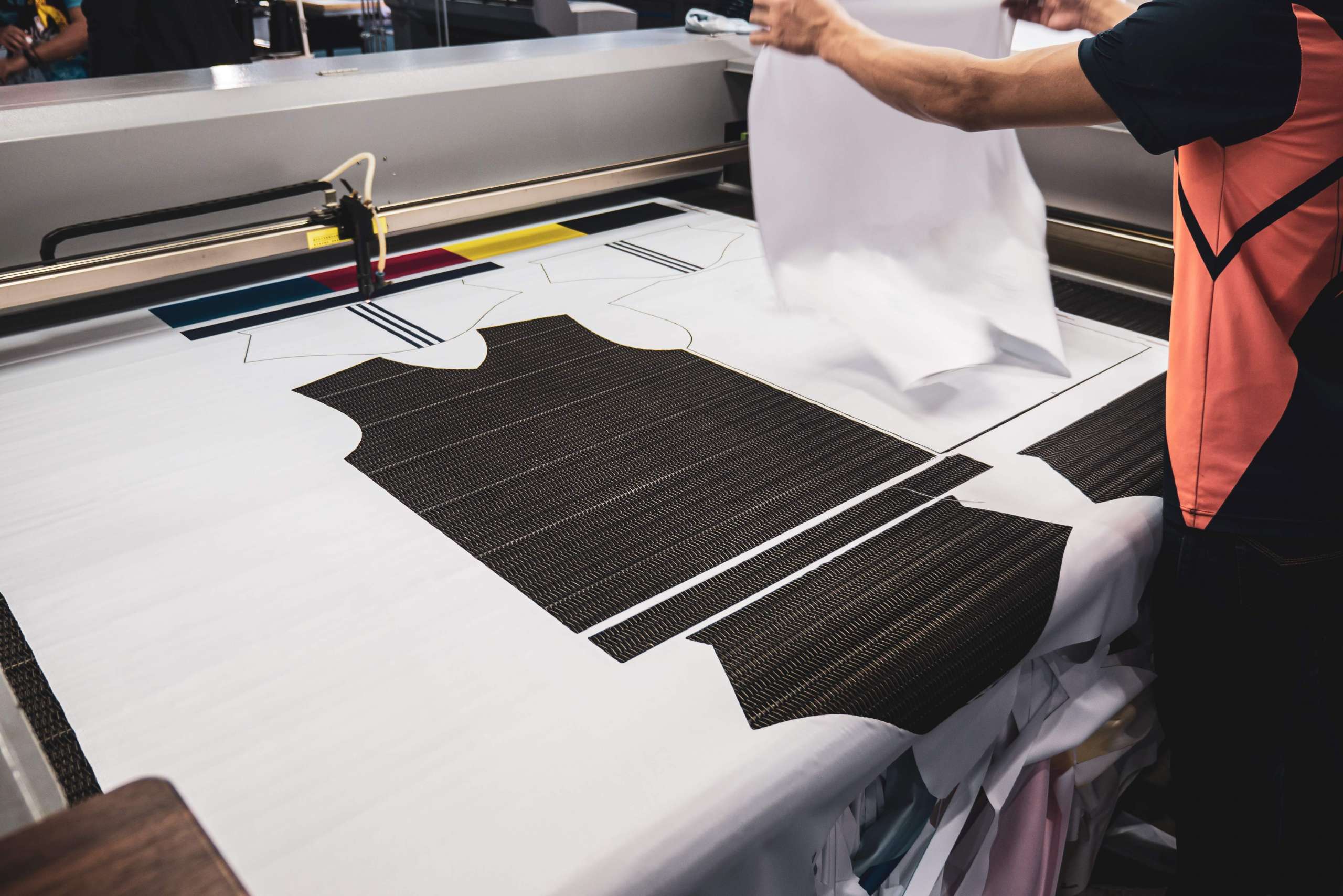

The realm of clothing manufacturing is vast and enormous.
Clothing manufacturers provide several services, including transforming raw materials, such as fabric, into garments with precise styling and fitting.
For a new apparel business, it is essential to :
- Get familiar with the supply chain
- Understand what clothing manufacturing is
- Learn about different types of clothing manufacturers
If you are in the early stages of building your apparel brand, you may be wondering which type of clothes manufacturer will work best for your company. To decide this, you must know how the clothes manufacturing industry works and the factors to look for in a clothing production company.
What is clothing manufacturing?
Clothing manufacturing encompasses all of the processes required to create a garment. Since the procedure is complicated, it is divided into various sub-processes necessary for constructing a specific garment. Hence, apparel manufacturing primarily involves processes such as cutting, designing, stitching, and finishing. However, these procedures may differ based on the kind of tools available, the work methodologies adopted, and the skills of the workers.
The most basic apparel manufacturing process consists of the following stages:
- Production planning
- Checking availability
- Checking time frames
- Confirming delivery date
- Managing the departments
These stages are further subdivided into various sub-stages or tasks during the manufacturing process.
Production planning is an essential aspect of clothing manufacturing. Production planning guarantees that each process is carried out as efficiently as possible. It also aids in the planning of numerous daily procedures, in addition to managing people, machines, supplies, and payments.
Types of clothing manufacturing
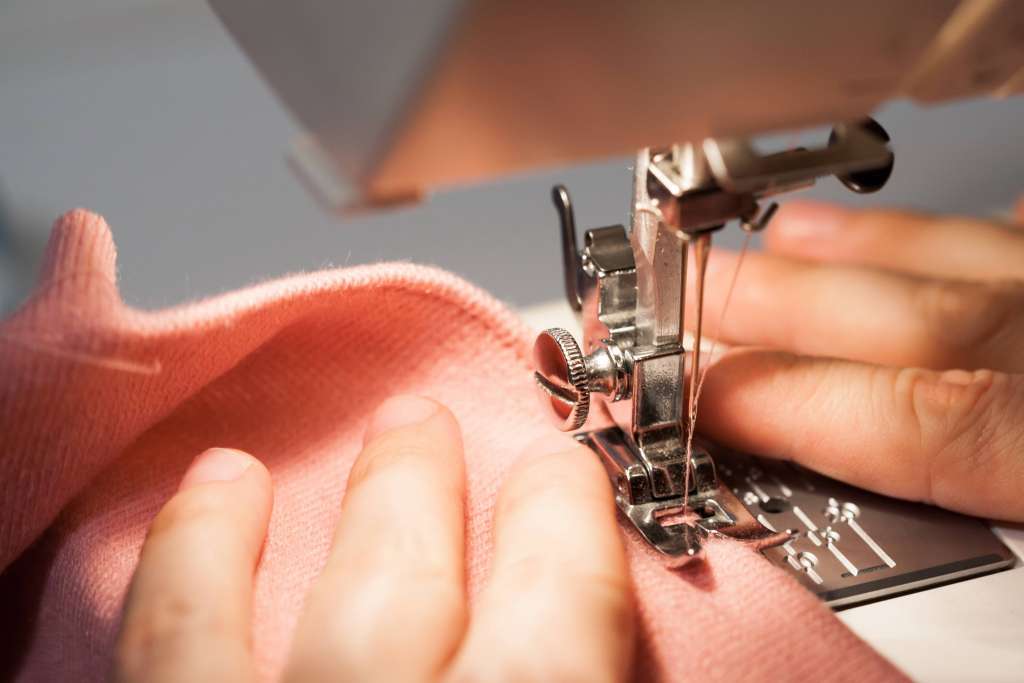
1. CMT (Cut, Make, Trim) garment manufacturing
CMT is the most popular type of garment manufacturing. This kind of manufacturing consists of cutting, trimming, and stitching the clothing into the final product.
It is better suited for established businesses with existing patterns and materials. In this case, the company uses tech packs that include spec sheets and patterns for production.
If you are a business and want to employ this form of output for your clothes business, keep the following items on hand:
- Tech pack and specifications sheets
- Trims and fabrics
- Patterns, construction needs, and sewing instructions
The factory will begin creating the garment after getting the necessary details. Technical drawings and patterns will be used to cut the fabric. Then, the pieces will be stitched together following the construction specifications. Moreover, sizes will be chosen in accordance with the Grading Sheet. Finally, the clothing manufacturers will conduct quality checks to ensure that everything matches your requirements.
In this method, the manufacturer responsible for constructing the clothing is primarily devoted to putting the materials together. Hence, this kind of manufacturing results in high-quality production. These manufacturers have more time to emphasize quality because they don't have to spend time on designing patterns.
Advantages of CMT
- CMT manufacturers frequently employ cutting-edge technologies and machinery. These assets ensure that the finished garment is of the finest quality.
- Since CMT manufacturers operate using the Specification Sheets provided by the brand, they do not spend time or resources on activities like pattern/design making. This allows them to concentrate on giving the highest quality cut, sew, trim and stitch.
- Brands have complete control over cloth/fabric choice, labels, trims, and packing in CMT production. It saves both parties a significant amount of money and time.
- CMT is ideal for small-scale businesses
Disadvantages of CMT
- CMT is intended for brands with prior production expertise and a robust factory-ready tech kit.
- Technical problems may occur since manufacturers work per the brand's tech packs. It might be expensive for the brand and may be a time-consuming process for the garment producer.
- While CMT may be suitable when you're starting out, many of these firms are small. If you want to upscale your production, you may have to change manufacturers. Hence, it may not work as a long-term solution.
2. FPP (Full Production Package) clothing production
FPP, or Full Production Package, is a kind of clothing production in which a manufacturer supplies, the brand with all phases of garment creation.
FPP production may be a better option for newer businesses and those that want a manufacturer to handle the full process. A full production package arrangement requires the clothing manufacturer to spend time sourcing designs and materials. Hence, the factory is engaged in every step of the process.
Using their fashion-industry experience, the manufacturer will create designs using mood boards and connect them with patterns and materials. FPP production is a fantastic option for many firms, but the initial investment is larger due to the additional services they offer.
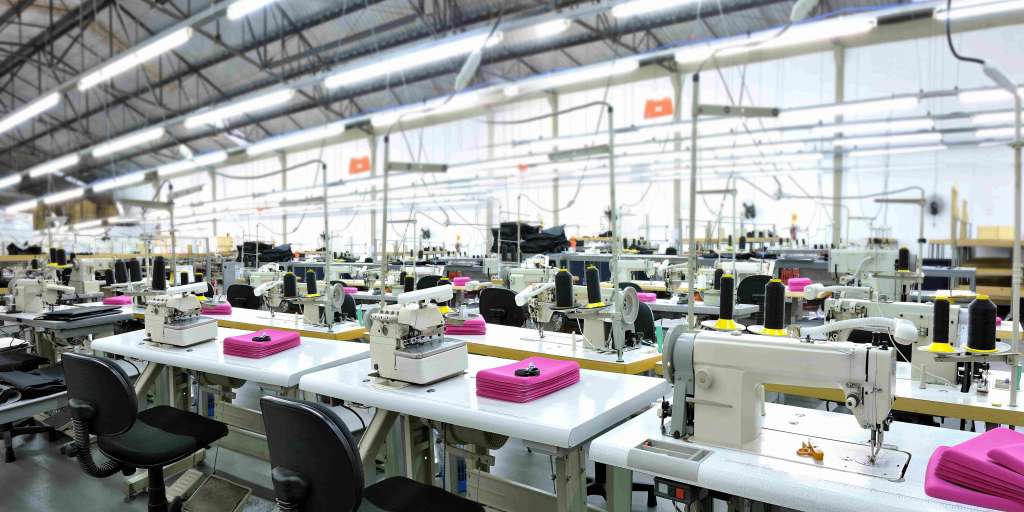
The stages of FPP are as follows:
- Making patterns
- Obtaining fabrics and trimmings
- Making samples
- Production of the final garment
FPP encompasses both CMT manufacturing and all other components of garment manufacture.
To begin the production procedure, the factory:
- Collaborates with the client
- Generates technical designs based on the first ideas or mood boards
- Assists with fabric selection
- Offers their knowledge about the latest fashion trends
- Produces the finished garment
In short, manufacturers that provide FPP guide businesses through the entire product development cycle.
Advantages of FPP
- FPP is a terrific choice for new brands that are learning the ropes.
- This kind of clothes manufacturing facility will assist in all phases of product development, from early designs and fabric sourcing through final product manufacturing.
Disadvantages of FPP
- Given that FPP apparel manufacturing offers services at many product development phases, the investment required is more significant.
- The overall process may be time-consuming as designs have to be made from scratch.
How to choose between CMT and FPP
If you are just starting out in the apparel industry, consider the following questions when choosing a manufacturer:
- Who is my client?
- What is my financial situation?
- What are my company's values?
The replies to these questions will assist you in determining the best kind of manufacturer to deal with. Whether it is a low-cost CMT plant or a large-scale FPP manufacturer.
If you're beginning a clothes manufacturing company, get your plan ready, then include your objectives and budget. Look into different manufacturers in your region. You may also conduct online research to see how other manufacturers got their start. Additionally, establishing your mission and values will assist you in deciding who you wish to collaborate with.
Conclusion
Whether you're a beginner with your first clothing line or a well-known brand in the industry, you can rely on the information mentioned above. Moreover, this information is beneficial regardless of the kind of clothing your firm specializes in.
There are several approaches to production and supply distribution for your clothing brand, and you can exercise as much or as little control over the process as you choose. Look for minimum order numbers and on-demand manufacturing or drop shipping agreements with a per-unit production process.
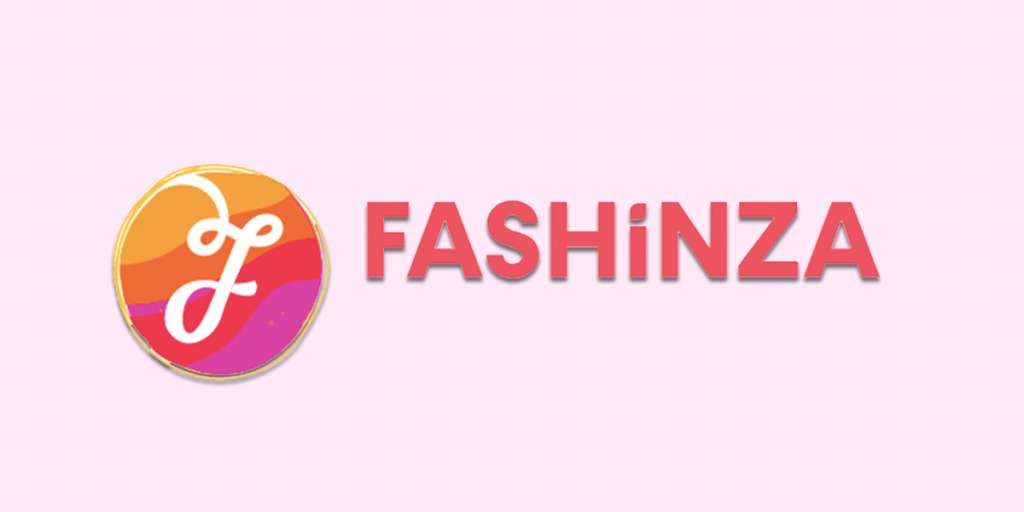
Are you looking for a clothing manufacturer or need help setting up your apparel brand? Fashinza can guide you with your clothing brand set-up and connect you to manufacturers.















